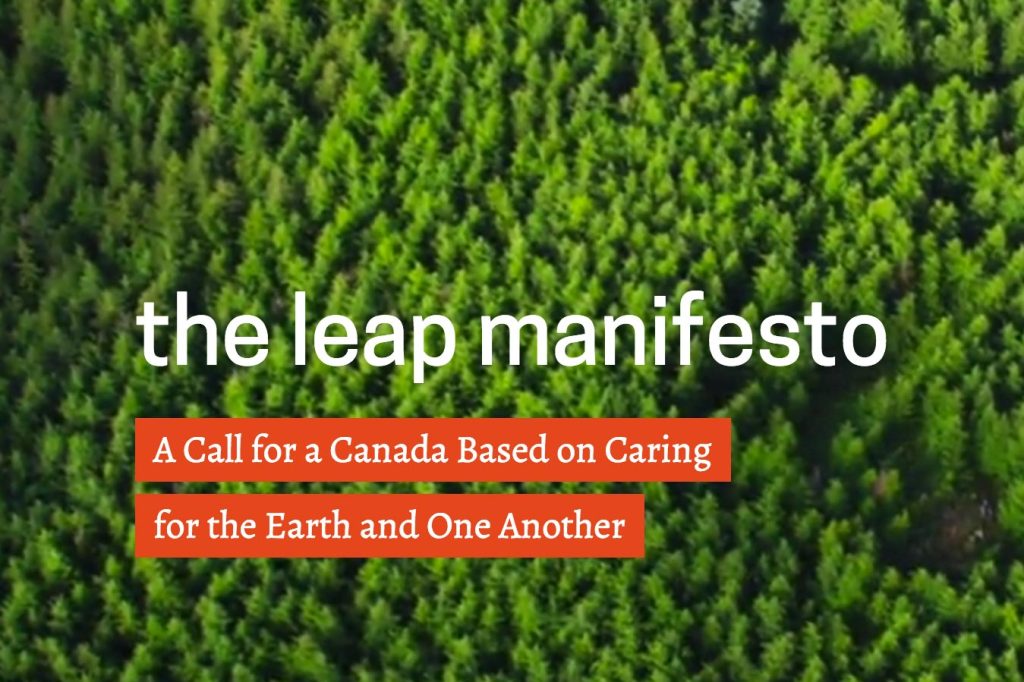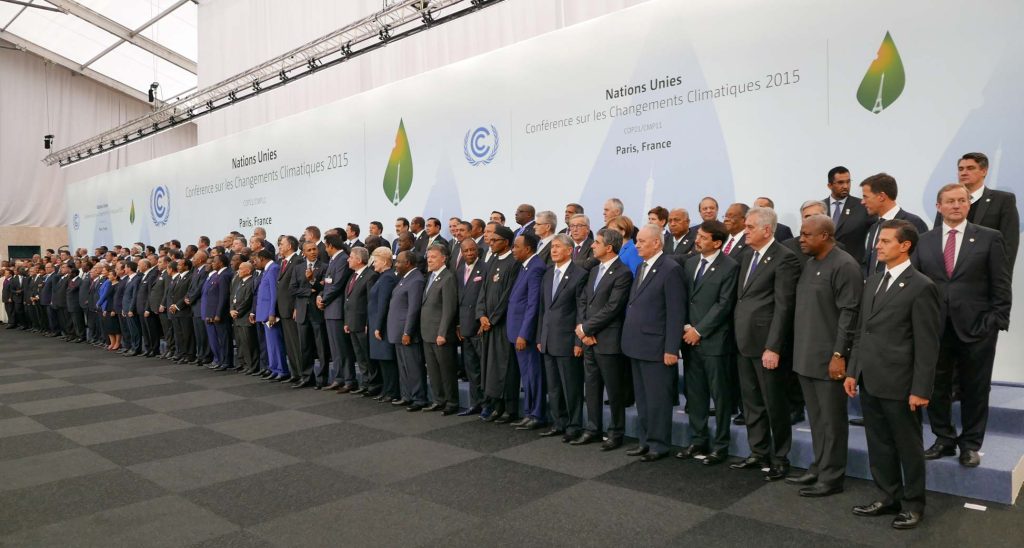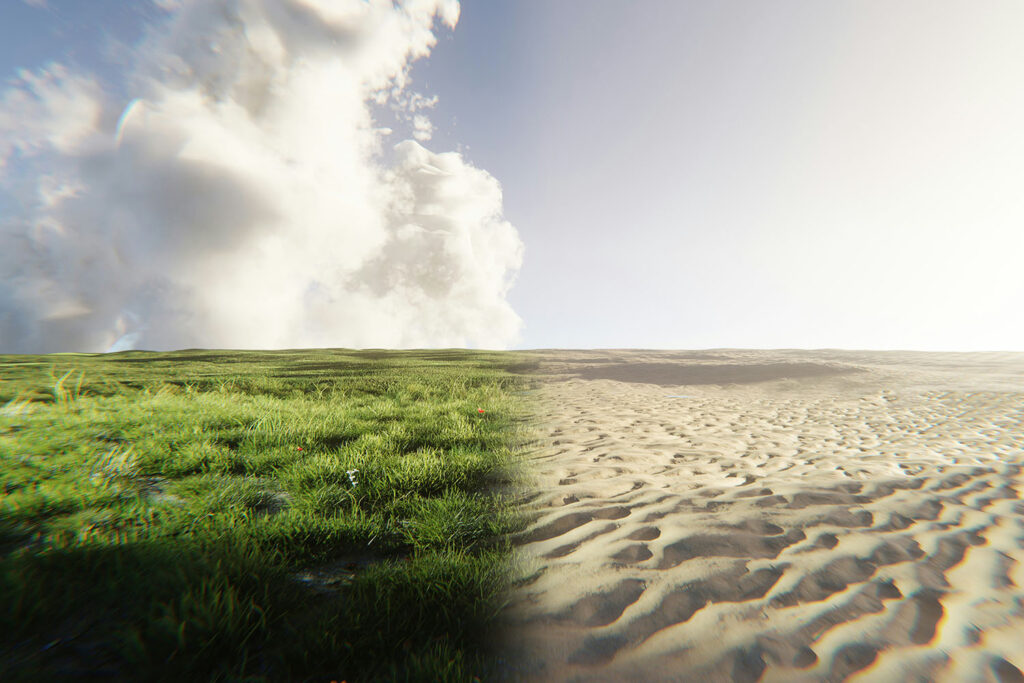Trump’s path to a dictatorship: predicted in October 2016
with Jack Goldstone | Domestic disorder could become severe and widespread enough to allow Mr. Trump to claim authority under either the National Emergencies Act or the Insurrection Act to issue executive orders to deploy troops, federalize the National Guard or suspend basic rights.









